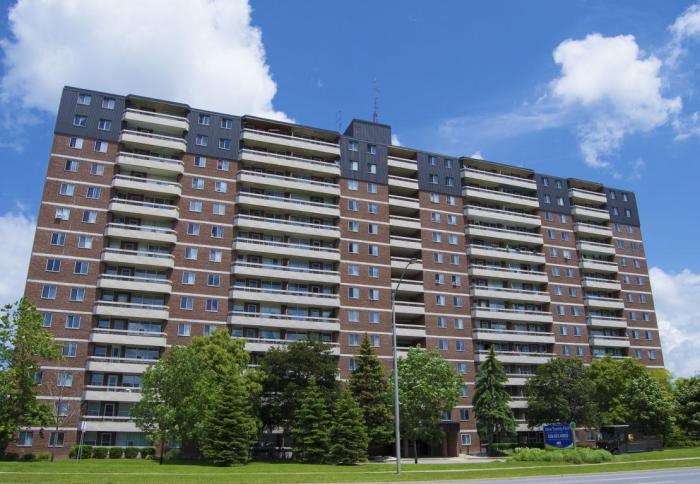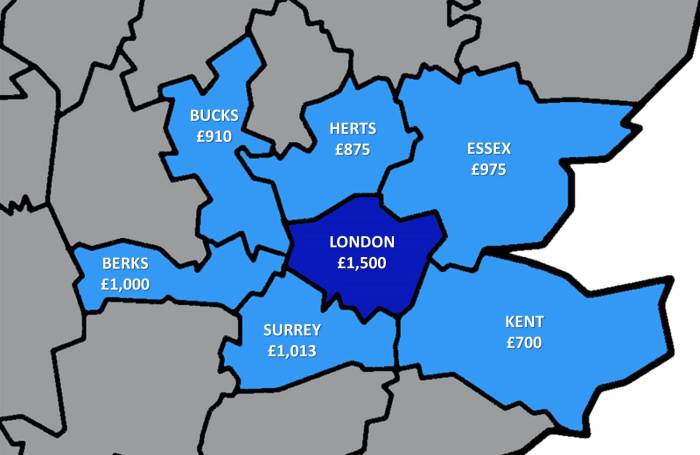Houses for Rent London Your Guide
London Rental Market Overview

Source: vrbo.com
Houses for rent london – The London rental market is a dynamic and competitive landscape, influenced by a multitude of factors. Understanding its intricacies is crucial for anyone seeking to rent a house in the city. This section provides an overview of the current market conditions, price variations across boroughs, and key factors affecting rental costs.
Current State of the London Rental Market
The London rental market is characterized by high demand and limited supply, leading to consistently elevated rental prices. Competition for desirable properties is fierce, particularly in central boroughs. While some fluctuations occur depending on economic conditions and seasonal changes, the overall trend points towards sustained high rental costs.
Rental Price Comparison Across London Boroughs
Rental prices vary significantly across London’s diverse boroughs. Central areas like Kensington and Chelsea command significantly higher rents than outer boroughs such as Bexley or Havering. Proximity to transport links, schools, and amenities plays a substantial role in determining rental costs. For example, a two-bedroom flat in Kensington might cost significantly more than a similar property in Croydon.
Factors Influencing Rental Costs
Several key factors contribute to the variations in rental costs. Location is paramount, with central and highly sought-after areas commanding premium prices. Property size and type also influence rental costs; larger houses and those with modern amenities tend to be more expensive. The overall condition of the property, its features (e.g., garden, parking), and the presence of modern conveniences all contribute to the final rental figure.
Types of Houses Commonly Available for Rent
London offers a diverse range of rental properties. Flats (apartments) are prevalent, particularly in densely populated areas. Terraced houses, offering a blend of space and proximity to amenities, are also popular. Detached houses, while less common, are available, mostly in the outer boroughs. Studio flats provide compact living solutions, while family homes cater to larger households.
The choice depends largely on individual needs and budget.
Finding Houses for Rent in London
Securing a rental property in London requires a strategic approach. This section Artikels the various platforms and methods for finding suitable housing, along with tips for navigating the application process successfully.
Online Platforms and Agencies
Numerous online platforms and estate agents facilitate the search for rental properties. Websites such as Rightmove, Zoopla, and SpareRoom are popular choices, offering extensive listings. Working with a letting agent can streamline the process, but often involves agency fees. Directly contacting landlords, while possible, may require more legwork.
- Rightmove and Zoopla: Comprehensive listings, wide property selection.
- SpareRoom: Focuses on flatshares and individual rooms.
- Letting Agents: Offer a managed service, but charge fees.
- Direct Landlord Contact: Can be time-consuming, but may lead to better deals.
Advantages and Disadvantages of Different Search Methods
Each method has its own advantages and disadvantages. Online platforms offer broad reach and convenience, while letting agents provide expertise and support. Direct landlord contact can be more cost-effective but requires more effort. Choosing the best method depends on individual preferences and priorities.
Navigating the Rental Application Process
The rental application process typically involves viewing properties, completing application forms, providing references, and undergoing credit checks. Landlords often require proof of income and employment history. A well-prepared application significantly increases the chances of securing a property.
- View properties and shortlist.
- Complete application forms accurately.
- Provide necessary documentation (references, proof of income).
- Undergo credit and background checks.
- Negotiate terms and sign the tenancy agreement.
Tips for Securing a Rental Property, Houses for rent london
Given the competitive market, acting swiftly and presenting a strong application is vital. Being prepared with all necessary documents, having a good credit history, and highlighting your suitability as a tenant are crucial steps. A well-written covering letter explaining your circumstances can also make a difference.
Rental Costs and Associated Expenses
Understanding the overall cost of renting in London is essential. This section details average rental costs, additional expenses, deposit requirements, and typical contract terms.
Average Rental Costs
Rental costs vary significantly based on property type, location, and size. The following table provides a general overview. Note that these are averages and actual costs may vary.
| Property Type | Borough | Average Monthly Rent (Estimate) | Notes |
|---|---|---|---|
| Studio Flat | Inner London | £1500 – £2500 | Prices vary significantly by location within Inner London |
| 1-Bedroom Flat | Outer London | £1200 – £1800 | Generally lower than Inner London |
| 2-Bedroom House | Inner London | £2500 – £4000+ | Highly dependent on location and amenities |
| 3-Bedroom House | Outer London | £1800 – £2800 | More affordable options in outer areas |
Additional Rental Expenses
Beyond the monthly rent, tenants should factor in additional expenses such as council tax (local property tax), utility bills (water, gas, electricity), and potentially agency fees (if applicable).
Deposit Requirements

Source: amazonaws.com
Landlords typically require a security deposit, usually equivalent to several months’ rent, to protect against damage or unpaid rent. The deposit is usually held in a government-approved scheme.
Typical Rental Contracts

Source: londonist.com
Rental contracts in London are typically for a fixed term, usually 6 or 12 months. The contract Artikels the terms of the tenancy, including rent payments, responsibilities of the landlord and tenant, and termination clauses.
Q&A: Houses For Rent London
What is the average deposit required for a rental property in London?
Deposits typically range from four to six weeks’ rent, but this can vary depending on the property and landlord.
How long are typical rental contracts in London?
Standard contracts are usually for six or twelve months, but shorter-term lets are sometimes available.
What are council tax bands and how are they determined?
Council tax bands are determined by the property’s value and affect the amount of council tax you pay. The valuation bands are set by the local council.
Are there any government schemes to assist with rental costs in London?
Several schemes exist, including housing benefit and local council initiatives. Eligibility criteria vary; check with your local council for details.




















